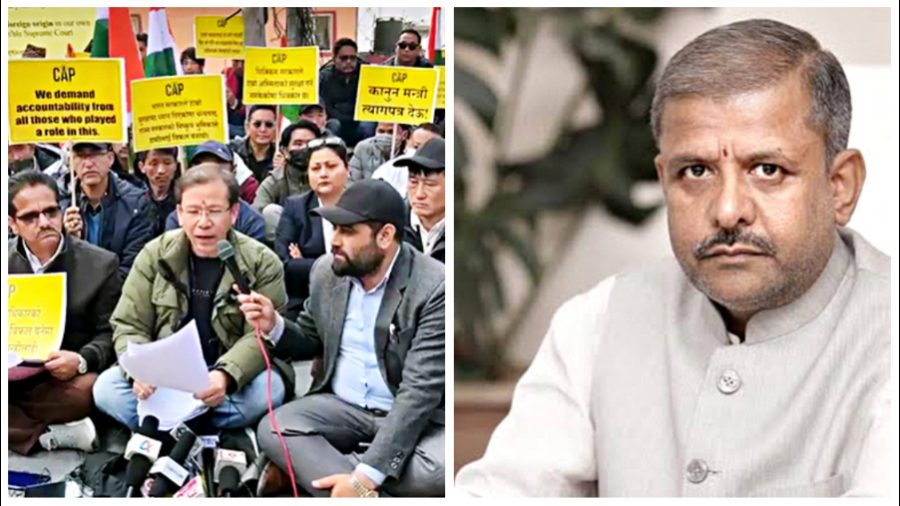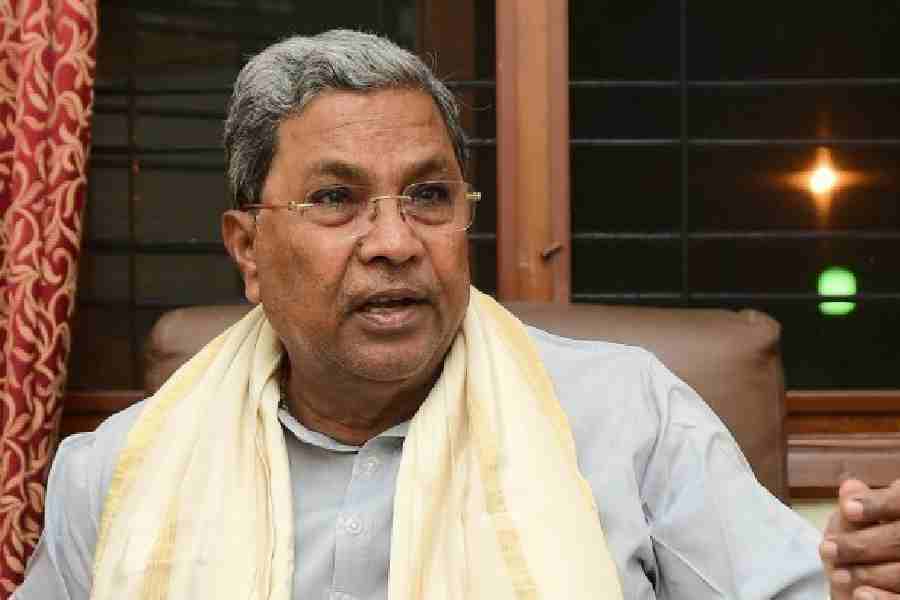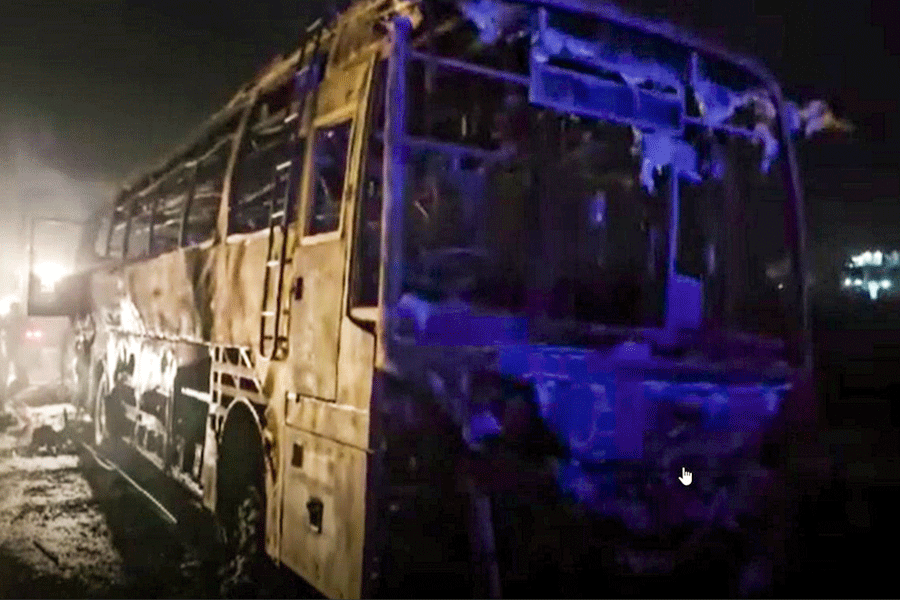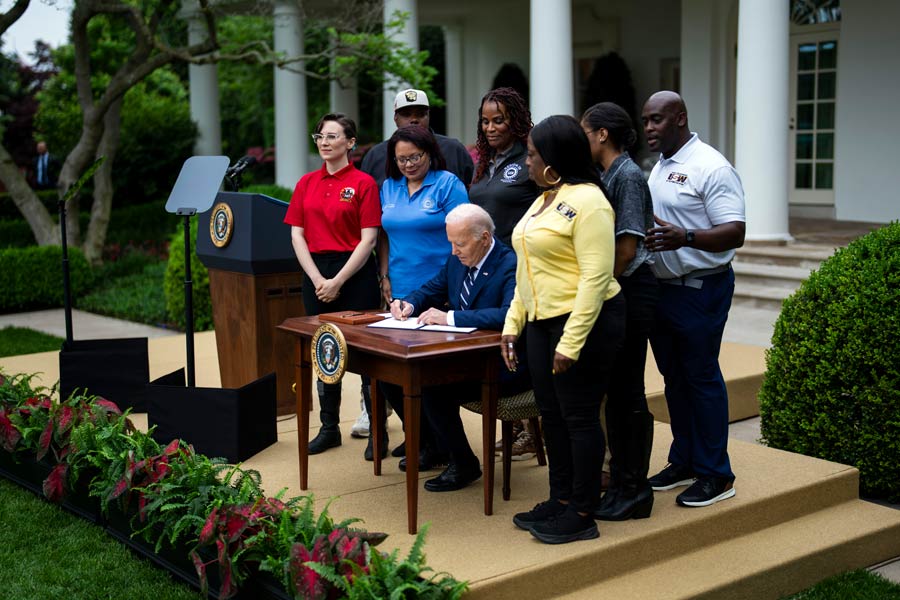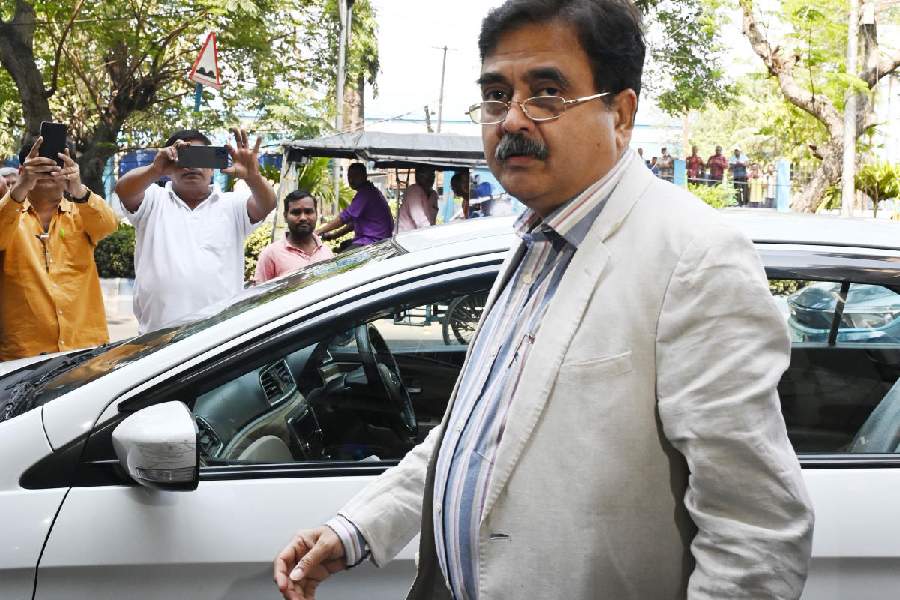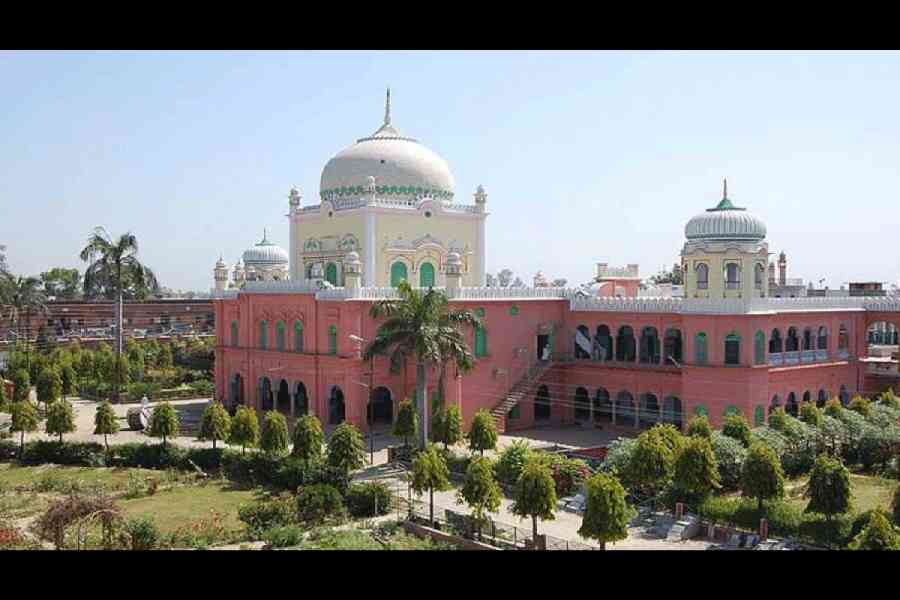Sikkim health minister Mani Kumar Sharma resigned on Thursday to protest against the P.S Tamang government’s alleged failure to take the sentiments of the Sikkimese people seriously in the wake of the Supreme Court verdict that extended income tax exemption to the old settlers of the state.
The resignation came on a day mass protests intensified in the Himalayan state against certain remarks against Sikkimese Nepalis in the judgment.
In his resignation letter addressed to chief minister Tamang (Golay), Sharma said: “I feel it is not necessary to remain in the state cabinet further. Hence, I submit this resignation with immediate effect.”
On Wednesday, Sudesh Joshi had resigned as the additional advocate general of Sikkim in view of the social unrest unleashed by the verdict. While Sharma resigned of his own volition, Joshi had to quit his post in the wake of the demands for his ouster.
The focus of the mass protest appeared to be shifting from the remarks that labelled Sikkimese Nepalis as those of “foreign origin” and “migrants” to the merit of the judgment itself.
The verdict delivered by a division bench of Justices M.R. Shah and B.V. Nagarathna on January 13 equates Indian-origin pre-merger residents of the state with the former subjects of then independent kingdom, which had merged with India in 1975.
A massive rally was held at Singtam, about 28km from Gangtok, and a dharna was staged by the supporters of the recently-formed Citizen Action Party (CAP) in the state capital on Thursday.
The apolitical Joint Action Committee (JAC), which had also organised statewide rallies on the issue on Tuesday, demanded that the state government file a review petition in the Supreme Court before February 7 seeking the removal of the foreigners tag.
The JAC said the review petition should assert that the Sikkimese Nepalis are one of the original inhabitants of the state and seek to uphold the status of “Sikkimese” as a distinct classification as defined under Section 10(26AAA) of the Income Tax Act, 1961 by retracting its directive to include the old settlers within the purview of the definition by inserting an additional clause.
While granting IT exemption to the Sikkimese in 2008, the Centre had excluded Indians who had settled in Sikkim prior to its merger with India on 26 April, 1975, and Sikkimese women who marry non-Sikkimese persons on or after April 1, 2008, the day the tax relief came into force.
Section 10(26AAA) of the IT Act had defined Sikkimese as those whose names were recorded in the register maintained under the Sikkim Subjects Regulation, 1961 read with the Sikkim Subject 2 Rules, 1961 — collectively called the Register of Sikkim Subjects — and their immediate descendants.
However, the Supreme Court in its verdict had struck down the exclusion of old Indian settlers, who have been permanent residents of Sikkim prior to its merger, from the definition of “Sikkimese” on the basis of Article 14 of the Constitution, which provides equality before the law, and directed the Centre to insert an additional clause to define the old settlers as Sikkimese so that they, too, could get the benefit of tax exemption.
The protesters cutting across party lines, however, echoed the Sikkim Democratic Front (SDF) whose chief spokesman M. K. Subba had claimed on Wednesday that Article 14 couldn’t be applicable to Sikkim because the pre-merger rules and laws were protected by non-obstante clause of Article 371Fof the Constitution, which provides special provision to the state.
“This judgment is an abuse of our special right, which is beginning to get diluted. Thisis the biggest objection of the Citizens Action Party. Article 14 is not applicable to Sikkim.No one can make any demand under Article 14. We have nothing against the Association of Old Settlers of Sikkim, but to seek redressal under article 14 is wrong,” said Ganesh Rai, chief coordinator of CAP, who had also sat on his party’s day-long dharna.
JAC has also made some additional demands, including the protection of all old laws of Sikkim according to the provision of Article 371F (k) and the immediate implementation of inner line permit (ILP) in the state, to safeguard the “identity and security” of the Sikkimese people.

